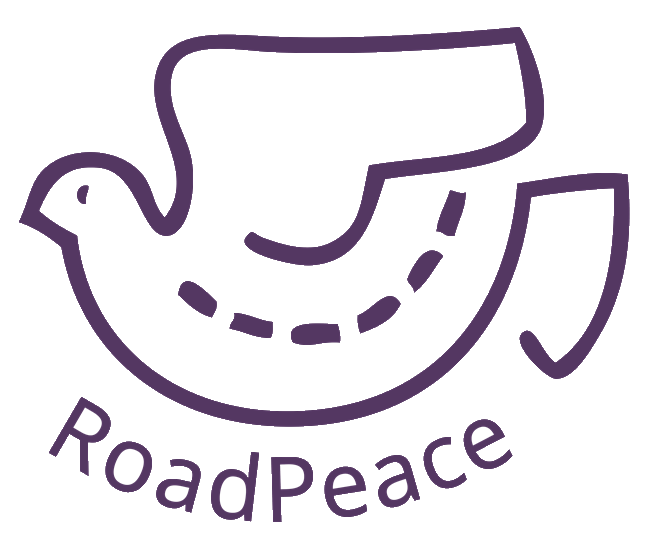The importance of inquests should not be underestimated.
Nor should the challenge of reforming the local system of coroner courts.
- More families bereaved by crashes will see the inside of a coroner court than a criminal court. Inquests are held in road deaths where no criminal prosecution occurs. Two of three fatal crashes result in an inquest. Inquests can be held after a criminal trial but this is very rare.
- Coroner reform is progressing slowly and is widely acknowledged to be long overdue with an excess of independence and inconsistency amongst coroners. Localism at its worst.
- Road deaths are NOT a priority for coroners—they only account for 2% of the total number of inquests.
- A road collision verdict was finally introduced in July 2013. RoadPeace campaigned for this basic recognition for over 20 years.
- Inquests are supposed to answer questions about the death and lead to fewer deaths.
Purpose of inquests?
Inquests are intended to answer four basic questions about sudden deaths, including:
- Who?
- When?
- Where?
- How?
But families bereaved by a road crash already know the answers to these questions. They will get most of this information from the police.
So what use are inquests? RoadPeace believes they serve two main purposes:
- To help families better understand the circumstances of the death – for families, it allows the chance to ask questions of the driver, witnesses or police. It is rare to have so many sources of information in one place and points of confusion can be addressed.
- To reduce the risk of future road deaths – inquests need to make a difference to the level of safety on our roads.
What RoadPeace wants
An inquest system which would help bereaved families by answering any questions they have on the crash circumstances…
…as well as help them see lessons learned and risk of future deaths reduced
Less traumatic
- An end to the cruel practice of Second Post Mortems—at a minimum, they should have to be conducted within days of the first.
- Bereaved families to be better informed and more prepared for their inquest. They should be encouraged to attend another inquest so they are familiar with the structure and process. Local guides to inquests should be produced as coroner practices vary. Guidance on disclosure should be produced to ensure families
- Bereaved families to have more rights. They should be allowed to read an opening statement about the deceased. Coroners should be encouraged to respect bereaved families’ requests for an inquest conclusion and PFD.
- Bereaved families should be asked for feedback and thus test if the bereaved are truly at the heart of the system, as claimed by the MoJ.
More effective
- Coroners to prioritise thorough investigations, even if these take longer than the recommended timelines. Police investigations should not be cut short.
- A cadre of specialist road death coroners should be developed–as there already is with military deaths.
- Coroners to view road deaths as preventable and issue more PFDs. They should have to explain why a PFD was not relevant (this could be due to the local authority having already committed to engineering countermeasures).
- Coroners to allow campaigners to be listed as ‘Properly interested persons’ and allow them to give evidence.
- National consistency to be promoted by the identification of good practice key performance indicators for coroners. RoadPeace has called for a national stakeholder working group to be established to help the government achieve its aim of putting the bereaved at the heart of the inquest system.
What RoadPeace has done and is doing to help
Supporting victims
- We produce a national guide on Inquests and Road Deaths for bereaved families. This explains how an inquest works, how lessons can be learned and how the risk of repeat occurrences can be reduced.
- We answer queries from bereaved families—these are often around a lack of disclosure or desire to get a PFD issued.
Campaigning
- We have campaigned to get Second Post Mortems expedited, if not avoided. Our members have written every coroner to ask how families can be spared this experience.
- Through our CLOCS project, we developed a lorry death checklist for coroners to encourage them to make PFDs.
- We monitor the PFD reports issued on road deaths to identify trends and which coroners are acting on their public health duty to protect life.
- We respond to consultations and provide the victims’ perspectives. For example, for a past consultation into coroner reform (Dec 2015), we organised a meeting of bereavement charities and coroner officers to agree key calls, including suggested KPI for coroners in an attempt to promote consistent and good practice.
- We campaigned for coroners to be included under the MoJ’s Code of Practice for Victims of Crime. This was not accepted by the MoJ but the Victims’ Commissioner has expressed interest in ensuring bereaved families are treated compassionately by coroners.
